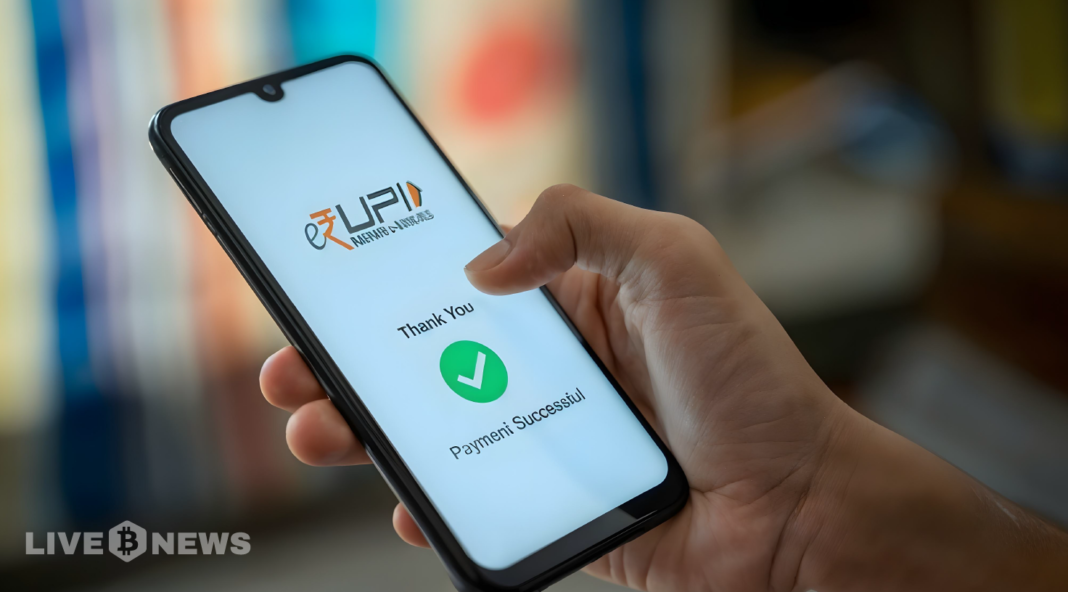India expands mobile payment partnerships with UAE, Sri Lanka, and Nepal, advancing cross-border payments and exploring digital currencies’ future.
India is making significant strides in global mobile payments, according to a senior official from the Reserve Bank of India (RBI). On Wednesday, Deputy Governor T. Rabi Sankar shared that the country is expanding its mobile-payment collaborations with several nations. India already has an agreement with Sri Lanka, and ongoing discussions are underway with countries like the UAE, Bhutan, and Nepal. These efforts align with the Indian government’s firms to improve international financial integration.
Further, there is cooperation with the central banks of the ASEAN countries as well as with the RBI. This is the aim of creating a cross-boarder payment solution that will allow for real-time transactions. This platform is intended to bring efficiency to international payments. In addition, this step will make them faster and less complicated for businesses and individuals. Sankar also highlighted the need to advance payments to enhance cross-border transactions.
RBI Focuses on Security in CBDC Rollout for Global Transactions
India is also leading the way in the design of Central Bank Digital Currencies (CBDCs) as well. RBI has emerged as one of the earliest central banks globally to roll out a digital currency pilot. This experimental research project aims to evaluate the security of digital currencies and the possible impacts on bank deposits and monetary policy. Sankar has explained that the central bank has viewed CBDCs as the future of money with a cheaper means of facilitating cross border payments, trade and remittances.
However, the adoption of CBDCs for members of the public may take some time to be fully implemented. Sankar was very keen to emphasize that the RBI is not in any haste to issue the digital currency. However, they are just observing the outcome of their pilot tests as they do not make the next move. He said they are still waiting for more light on the effectiveness and results of CBDCs before they scale up their usage. Therefore, the availability of CBDCs to the public cannot be determined, and there is no deadline to be given.
India’s intention to develop mobile payment and its consideration of digital currencies prove its place in the growth of the international financial industry. Through the development of such technologies and the nurturing of international partnerships, India is in the right track to setting itself up as the world’s powerhouse of pioneering the future of cross-border payments. These initiatives may set the stage for improved, secure and accessible global financial systems as they progress.



